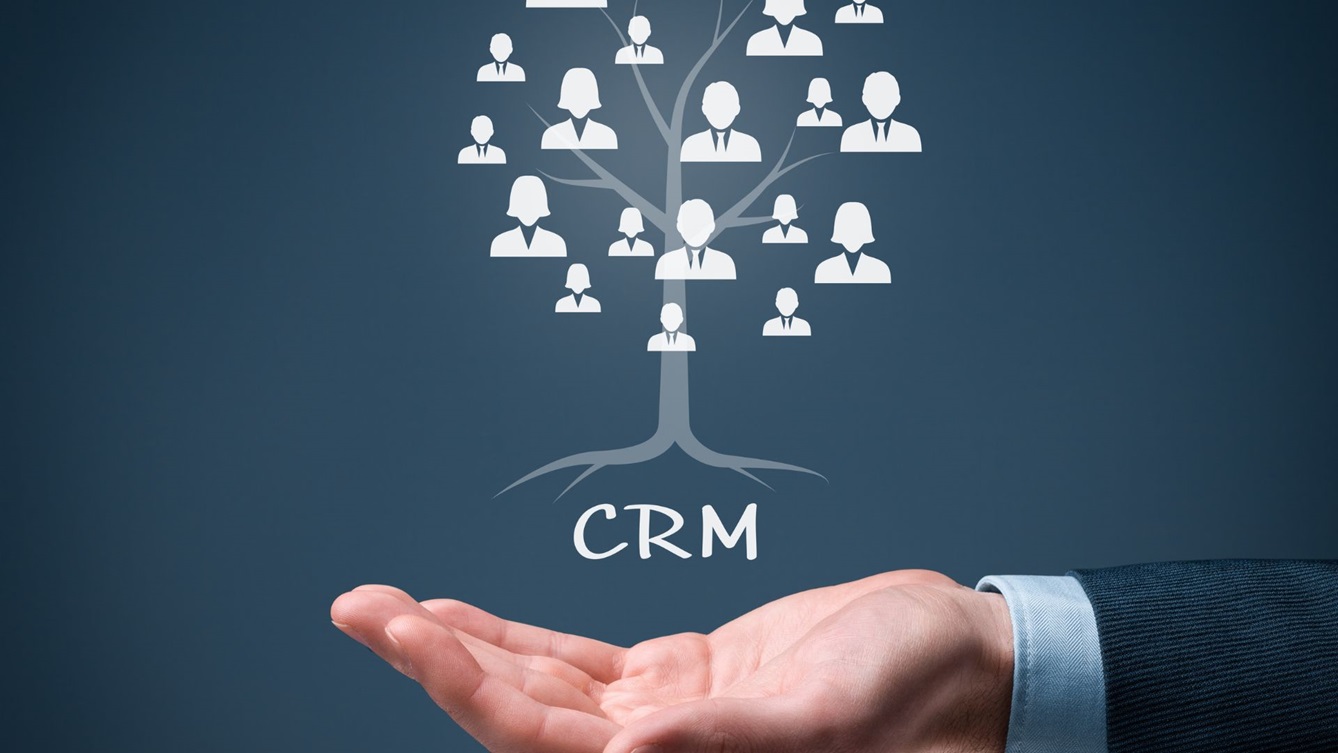
In recent years, the need for effective management of patient data and seamless communication between healthcare providers has become increasingly crucial. As a result, the implementation of a Customer Relationship Management (CRM) system is now more pertinent than ever. Here are five reasons why healthcare providers should consider implementing a CRM system for improved patient care and service delivery.
1. Enhanced Patient Communication
CRM systems facilitate enhanced communication with patients. Healthcare providers can efficiently schedule appointments, send reminders, and update patients on relevant health information. With a properly integrated CRM in the healthcare industry, providers can also easily track and respond to patient inquiries in a timely manner.
2. Streamlining of Operations
A CRM system helps healthcare providers streamline their operations by automating routine tasks such as appointment scheduling and billing. This automation speeds up processes, reduces human error, and frees up staff time to focus on more important activities, improving overall efficiency and patient satisfaction.
3. Data-driven Decision-making
With a wealth of patient data at their fingertips, healthcare providers can make data-driven decisions that continually improve patient care. From identifying trends and patterns to tracking customer satisfaction, a CRM system provides valuable insights that can be used to enhance service delivery and develop targeted marketing campaigns.
4. Improved Interdepartmental Collaboration
Effective collaboration between various departments is crucial for healthcare organizations to thrive. A CRM system enables different teams to access and share patient data, thus fostering interdepartmental collaboration and ensuring that all teams work together in the best interests of the patient. This streamlined communication paves the way for improved care coordination and accurate treatment plans.
5. Regulatory Compliance
A CRM system can assist healthcare providers in staying compliant with industry standards and regulations, such as HIPAA (Health Insurance Portability and Accountability Act). With features like data encryption and role-based access, healthcare providers can protect patient data and uphold privacy regulations more effectively.
To Sum Up
CRM systems can offer a number of tangible benefits to healthcare providers, from enhanced patient communication to improved interdepartmental collaboration. With features like data encryption and role-based access, healthcare providers can uphold industry standards and regulations while providing efficient, personalized care to their patients. Implementing a CRM system is an important step for healthcare organizations looking to provide effective and streamlined care to their patients. The benefits of implementing a CRM system far outweigh the costs, making it an essential component of any successful healthcare organization. Thank you for reading@

